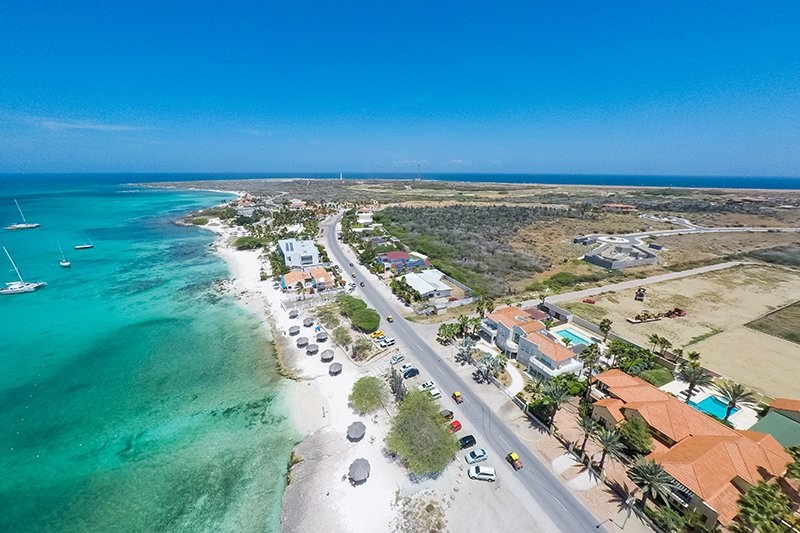
State Department issues advisory about foreign travel

The US Centers for Disease Control and Prevention (CDC) has just added one new destination, Aruba, to its highest-risk category.
The CDC has placed Aruba at Level 4 with a “very high level” of COVID-19 risk in its latest travel advisory on Tuesday. Aruba is a Dutch island off the coast of South America that is a popular Caribbean winter getaway.
The CDC places a destination at Level 4 when more than 500 cases per 100,000 residents are registered in the past 28 days. Belize is also another South American/Caribbean territory that is also on the CDC’s Level 4 high-risk category.
More than 80 destinations were rated Level 4 as of January 4. Several Caribbean states are in the CDC’s Level 3 category, which applies to destinations that have had between 100 and 500 cases per 100,000 residents in the past 28 days.
They include The Bahamas, St Maarten and Suriname. Last month the CDC downgraded Jamaica from a Level 3 designation to a Level 2 designation, which “puts the destination at a lower risk designation than over 70 per cent of countries throughout the globe ranked by the CDC.”

Warning issued to Americans about overseas travel
In the meantime, the US State Department is warning Americans who choose to travel to the Caribbean and other places that they may face unexpected challenges related to the novel coronavirus pandemic on their return home. The State Department is advising Americans that they may also face challenges whilst attempting to travel from one overseas location to another.
The US Government is recommending that Americans get international travel insurance with coverage for COVID-19-related trip cancellation and medical benefits. The State Department advised that, “US citizens who do choose to travel internationally should make contingency plans, as they may have to remain in a foreign country longer than originally planned, which will be at their own expense.”
The State Department advised that Medicare and Medicaid do not cover overseas medical costs.







Comments